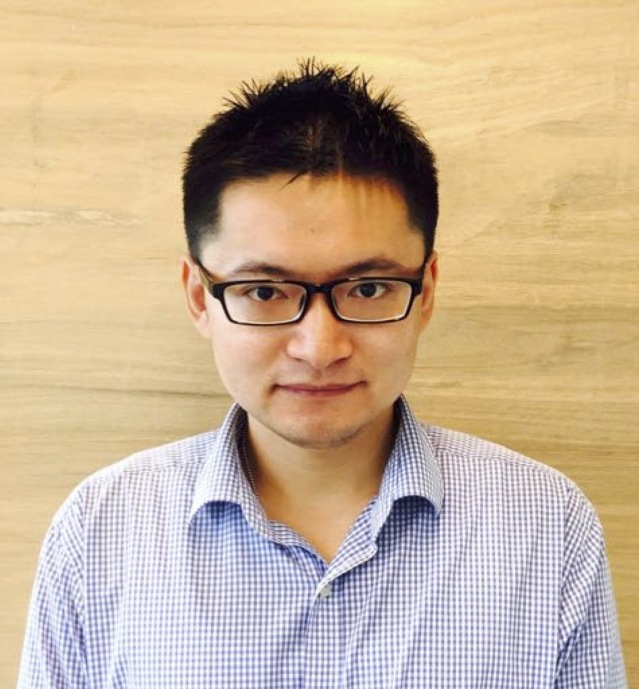时间:8月19日,16:00-17:30
地点:无线谷 1245 (1220对面的玻璃门)
Abstract:
In this talk, we will explore a data-agnostic model poisoning attack targeting federated learning systems. The new threat model leverages an adversarial Graph Autoencoder (GAE)-based framework, which operates independently of access to training data, thereby maximizing the disruption of federated learning performance. We will also investigate a defense mechanism based on explainable graph neural networks against the GAE-based poisoning attacks. This defense integrates Gradient-weighted Class Activation Mapping (GradCAM) and Autoencoder, providing a more scientifically resilient detection capability compared to existing Euclidean distance-based approaches.
Bio:
Kai Li is a Visiting Research Scholar with the School of Electrical Engineering and Computer Science, TU Berlin, Germany, and a Senior Research Scientist with the CISTER Research Centre, Porto, Portugal. He is also a CMU-Portugal Research Fellow, jointly supported by Carnegie Mellon University (CMU), Pittsburgh, PA, USA, and the Foundation for Science and Technology (FCT), Lisbon, Portugal. From 2023 to 2024, he was a Visiting Research Scientist with the Division of Electrical Engineering, Department of Engineering, University of Cambridge, UK. In 2022, he was a Visiting Research Scholar with the CyLab Security and Privacy Institute, CMU. Prior to this, he was a Post-Doctoral Research Fellow with the SUTD-MIT International Design Centre, Singapore University of Technology and Design, Singapore, from 2014 to 2016. He has also held positions as a Visiting Research Assistant with the ICT Centre, CSIRO, Brisbane, QLD, Australia, from 2012 to 2013, and a full-time Research Assistant with the Mobile Technologies Centre, The Chinese University of Hong Kong, Hong Kong, from 2010 to 2011. He received the Ph.D. degree in computer science from The University of New South Wales, Sydney, NSW, Australia, in 2014, the M.S. degree from The Hong Kong University of Science and Technology, Hong Kong, in 2010, and the B.E. degree from Shandong University, China, in 2009. He has been an Associate Editor of journals, such as Internet of Things (Elsevier) since 2024, Nature Computer Science (Springer) since 2023, Computer Communications (Elsevier) and Ad Hoc Networks (Elsevier) since 2021, and IEEE ACCESS from 2018 to 2024.


